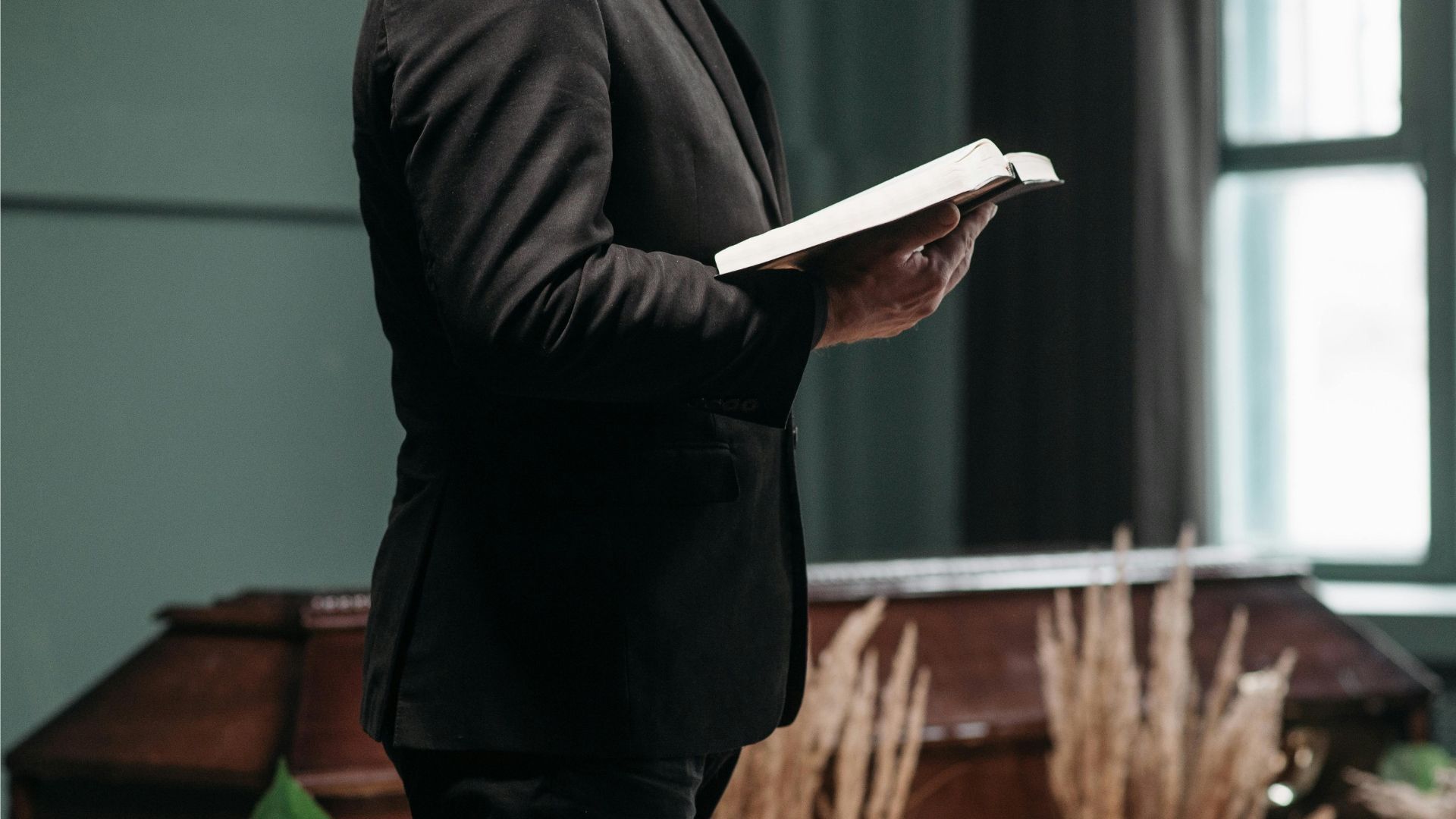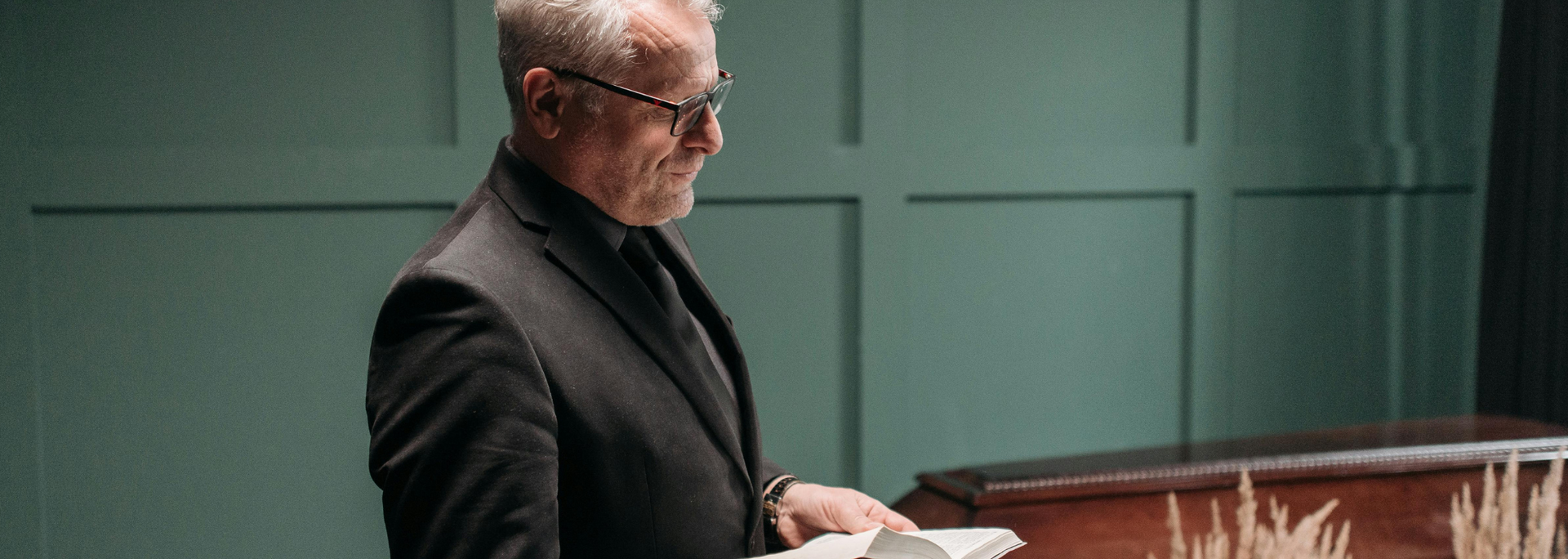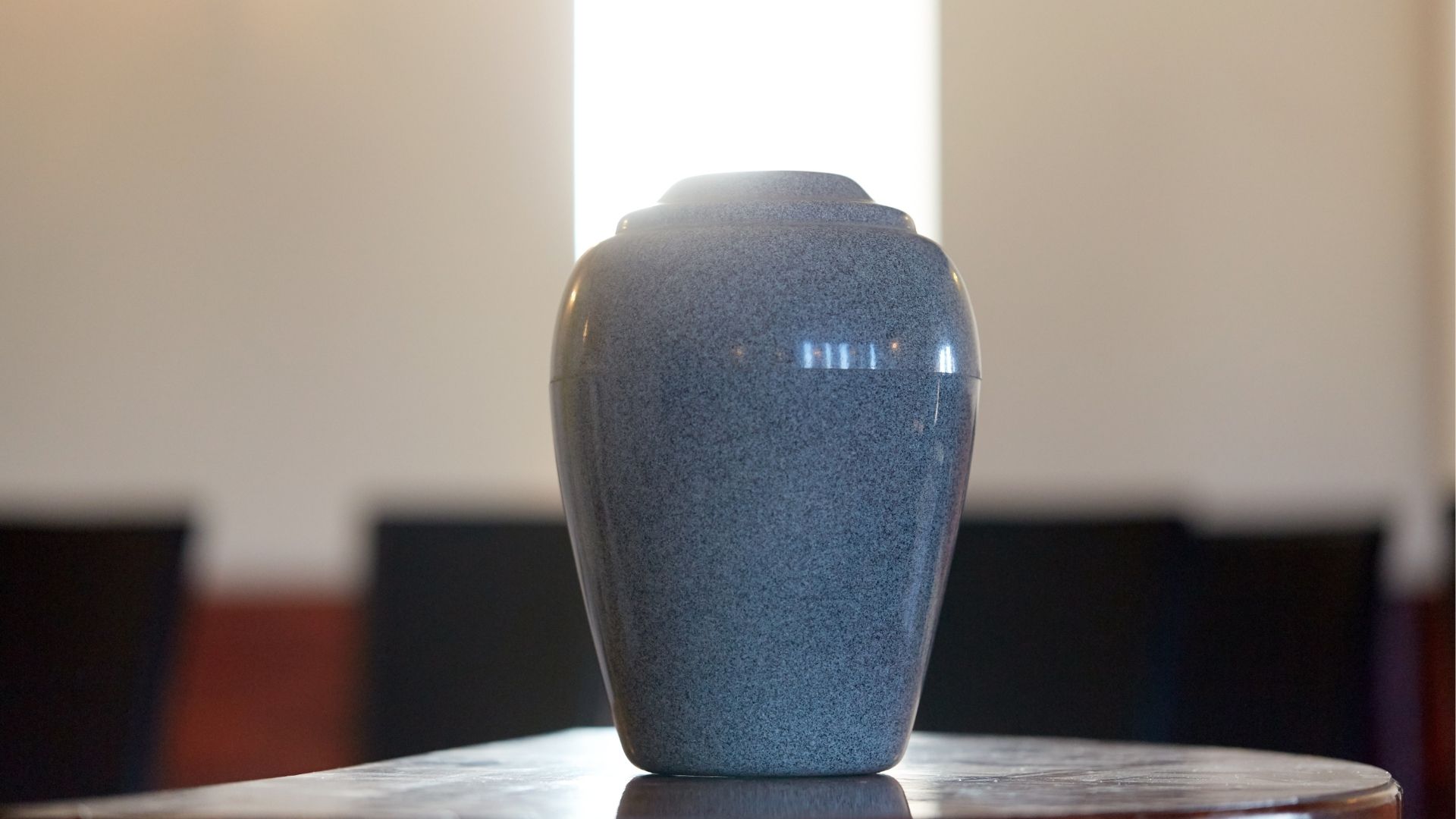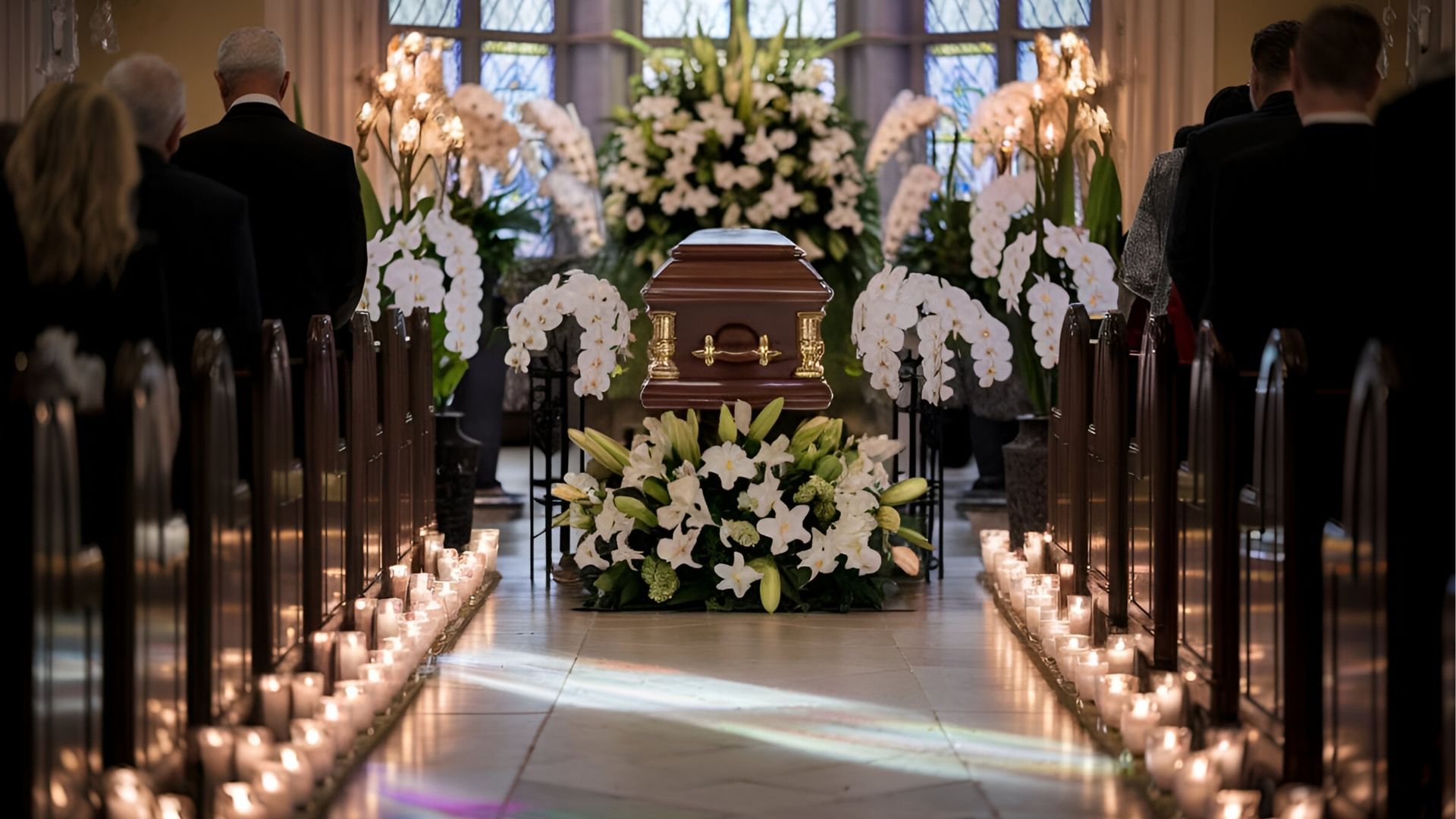Who can conduct a funeral?
Anyone can conduct a funeral, from faith leaders to friends. Learn about your options and how it works.

There are many choices to make when planning a funeral. Deciding who will lead the service is one of the most important. People who lead a funeral service are usually called 'officiants' or 'celebrants'.
Some people want a formal funeral service with religious prayers. Others may prefer something more personal or simple. However you want to say goodbye, the person leading the funeral can help set the tone.
The good news is there are no hard and fast rules about who can conduct a funeral. That means you can choose anyone you feel comfortable with, from faith leaders and non-religious celebrants to family and friends.
You can even lead the service yourself if you're happy speaking in front of a crowd. But keep in mind that this role requires a lot of planning and can be emotionally draining for some.
Let's look at your options.
Faith leaders
If the person who died was religious, it's common to ask a faith leader to conduct the funeral. This could be an imam, a granthi, a priest or someone else from your faith community.
Religious leaders are usually very experienced in leading funerals, which could help put your mind at ease. They can include prayers, chants or rituals that are important to your family. Some faiths have set traditions to follow, while others are more flexible.
Even if the person who died wasn't very religious, you may still want a ceremony that reflects your family's beliefs. Many faith leaders are happy to help with that. Some will also offer support before and after the funeral, whereas many other officiants won't.
When planning a religious funeral, it's often best to speak to your faith leader early on. They can help explain what's possible and work with your funeral director to make arrangements.
Civil celebrants
Not everyone wants a purely religious ceremony. Some people prefer an approach led by their unique spiritual beliefs. Others want to focus on memories rather than faith. If that sounds like you, a civil celebrant could be a good option.
Civil celebrants are professional officiants who lead funerals based on your wishes. They aren't tied to any religion but can include religious elements if you wish. For instance, they might read a prayer or play a hymn that meant something special to the person who has died.

However, it's important to remember that they don't have the same religious authority as faith leaders to perform certain religious rites. For example, they can't conduct the Muslim funeral prayer or Christian Eucharist.
Celebrants usually meet with you before the funeral to ask questions about the person who has died. That's so they can get a feel for what the person was like.
They'll also want to know how you'd like the service to feel. You can ask them to include music, readings, photos and even jokes – whatever feels right for you.
Because civil celebrants offer so much flexibility, they're popular with mixed-faith and non-religious families, as well as those who want something a bit different.
Humanist celebrants
If you'd prefer a funeral with no religious content at all, a Humanist celebrant might suit you best.
Humanist celebrants lead completely non-religious funerals. They follow Humanism – a philosophy rooted in Darwin's theory of evolution. Humanists believe we can be kind and ethical without religion.
Humanist celebrants focus on the life and character of the person who died rather than beliefs about what happens after death.
These services often feel more like a celebration of life than a traditional funeral. They usually include personal stories or the favourite music and poems of the person who has died.
Friends or family members
Want more of a personal touch? You don't need special qualifications to conduct a funeral. If you want to, you can lead the ceremony yourself or ask a friend or family member to do it.
This is sometimes called a 'family-led funeral'. This kind of funeral can feel very intimate and heartfelt, especially if the person leading the funeral knew the deceased well and is happy to share fond memories.
You can keep things simple or plan something more structured, with the option to include music and readings. You can also hold the funeral wherever feels right: at a crematorium chapel, in a garden, at home or at almost any other meaningful place.
Leading a funeral yourself can be a powerful experience, but it's not always easy – especially if you're grieving. It also requires a lot of planning. If you're unsure, you can always ask for support or advice. Your funeral director can help guide you, or you could work alongside a celebrant or faith leader.
Things to think about if you're leading a funeral yourself

If you're planning a family-led funeral, here are some things to keep in mind:
- Venue: some venues, like places of worship, may have rules about who can lead the service. If you're using a crematorium or public space, speak to the manager in advance to make sure everything is OK.
- Timing: most venues have time slots, so it's important to plan the order of the ceremony carefully. Make sure there's enough time for everything you want to include.
- Music: UK funerals often involve music, especially at the beginning and end of the ceremony. With many modern funerals, however, you can include as much or as little as you like. Music can help convey emotion and set the tone. Did the person who has died have a favourite song you'd like to play?
- Readings and poetry: another way to express meaning on the day is through spoken word. Consider reading a favourite poem of the person who died or perhaps a religious passage.
- Who will speak: you can lead the whole ceremony or invite others to contribute. It helps to plan this in advance, so everyone knows when to speak and what to expect.
- Support: if you get nervous or emotional on the day, remember that this is completely normal. Have someone there to support you – and don't feel you have to do everything alone.
Can I mix different traditions?
Yes. Many choose to include elements from more than one religion, culture or tradition. This is sometimes called a multi-faith or blended funeral.
For example, you might want Sikh prayers alongside personal tributes. Or you might include a moment of silence for reflection, followed by a traditional chant or poem.
If the person who died had connections to more than one culture or belief system, a multi-faith funeral can reflect that beautifully.
Your officiant – whether they're a celebrant or faith leader – can help you work out what's possible. In some cases, two or more people might share the role of leading the service.
There's no 'right' way
There's no single way to conduct a funeral – and no right or wrong way to say goodbye. What matters most is that the ceremony reflects the person who died and the people who cared about them.
If you're in London and you'd like to discuss funeral arrangements, please don't hesitate to contact us at Akshardham Funeral Directors. You'll also find lots of funeral ideas on our blog.












